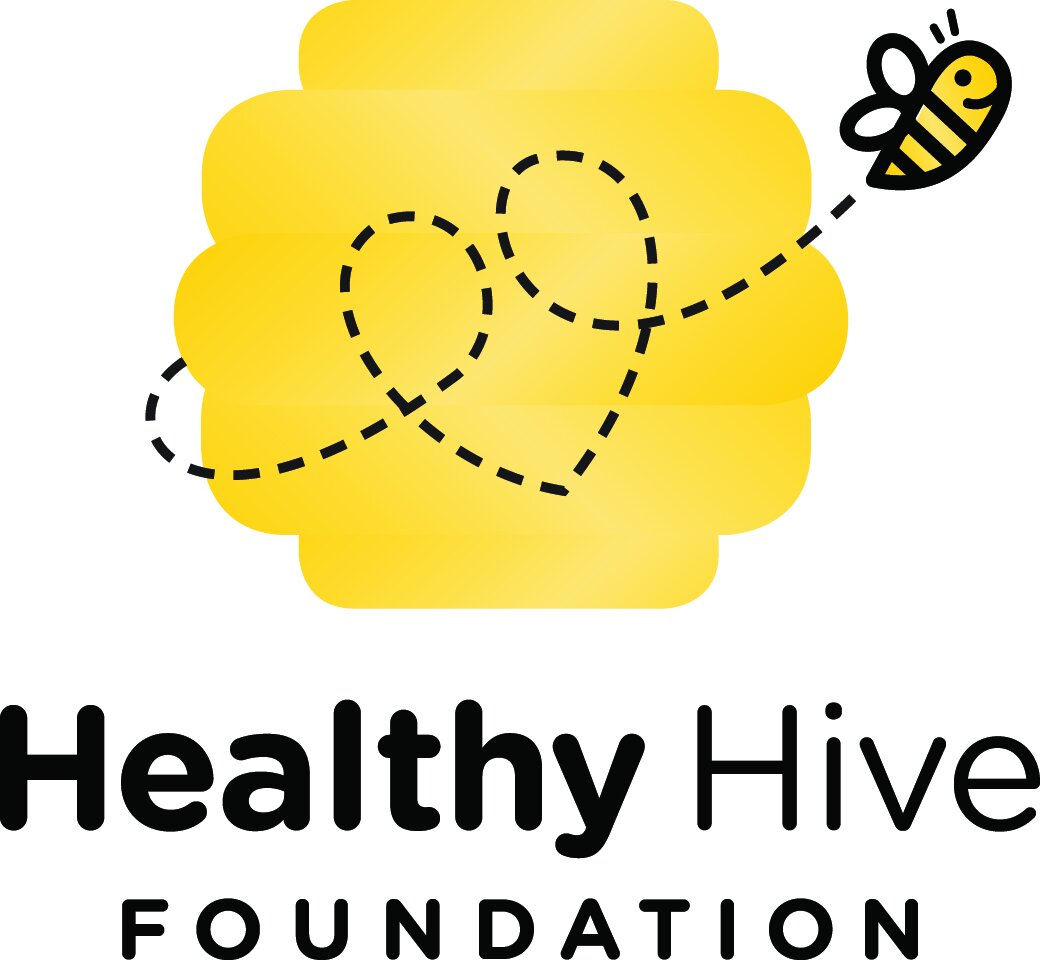Understanding Negative Effects of Weed Killer
In our previous blog, we dove into the importance of spring gardening, not only for ourselves, but for pollinators and for the health of our communities and environment. While getting started may be simple, keeping our gardens free of weeds and harmful pests so they can thrive may be a bit trickier. Additionally, it’s important as consumers to know what our options are for products on the market, as well as their pros and cons. This week, we want to highlight the invaluable information from our friends at Consumer Notice[1] about what Roundup is, the negative side effects of it, and how to maintain a healthy garden without it.
If you haven’t heard of Roundup, it is an herbicide made by Monsanto, an American agricultural chemical company, originally for large-scale farming operations[2]. While the Monsanto name is being phased out, the drug and chemical company Bayer continues to make and market Roundup as a household weed killer.
Roundup’s active ingredient is called glyphosate. Glyphosate is non-selective and will kill most plants it comes into contact with by preventing them from making an important protein for growth. Due to its widespread use, glyphosate has gained major attention as a controversial chemical. According to Consumer Notice, “In 2015, a United Nations agency listed the active ingredient in Roundup as ‘probably carcinogenic.’” However, in 2017 the EPA released a draft report stating that glyphosate is safe and not likely to cause cancer in humans, although they are still reviewing the data. In contrast, a study in the journal “Mutation Research/Reviews in Mutation Research,” did report a link between long-term, high exposure to glyphosate and a 41% increased risk of developing non-Hodgkin lymphoma. While Monsanto has claimed that Roundup is not a carcinogen, one of the company’s scientists stated that Monsanto has not done the necessary testing to support this claim.
With all of the controversy, and over 13,000 Roundup lawsuits, it is always better to air on the side of safety. There are alternatives to Roundup and glyphosate that can be effective for our gardens without risking our health. In addition to manually removing weeds, other alternatives include mulch, corn gluten meal, iron-based herbicides, herbicidal soaps, and industrial vinegar. There are also organic alternatives to Roundup available on the market which utilize oils and acids to kill smaller and younger weeds. Lastly, Consumer Notice includes a great home recipe for an alternative to Roundup with just organic vinegar, salt, and a biodegradable, non-toxic dish soap. Personally, I will be using mulch to protect the health of my soil and to keep weeds out of my Spring garden!
The article1 provides so much in-depth and well-researched knowledge on the lawsuits surrounding Roundup, a list of small- and large-scale Roundup alternatives and their effectiveness, and explains the hype around Roundup. Knowledge is power, and this may even be life-saving. We are so thankful for the care taken by Consumer Notice in making sure consumers are equipped with all of the knowledge available so that informed decisions can be made about the chemicals we come into contact with. Thanks for reading along and happy gardening!
Sources:
